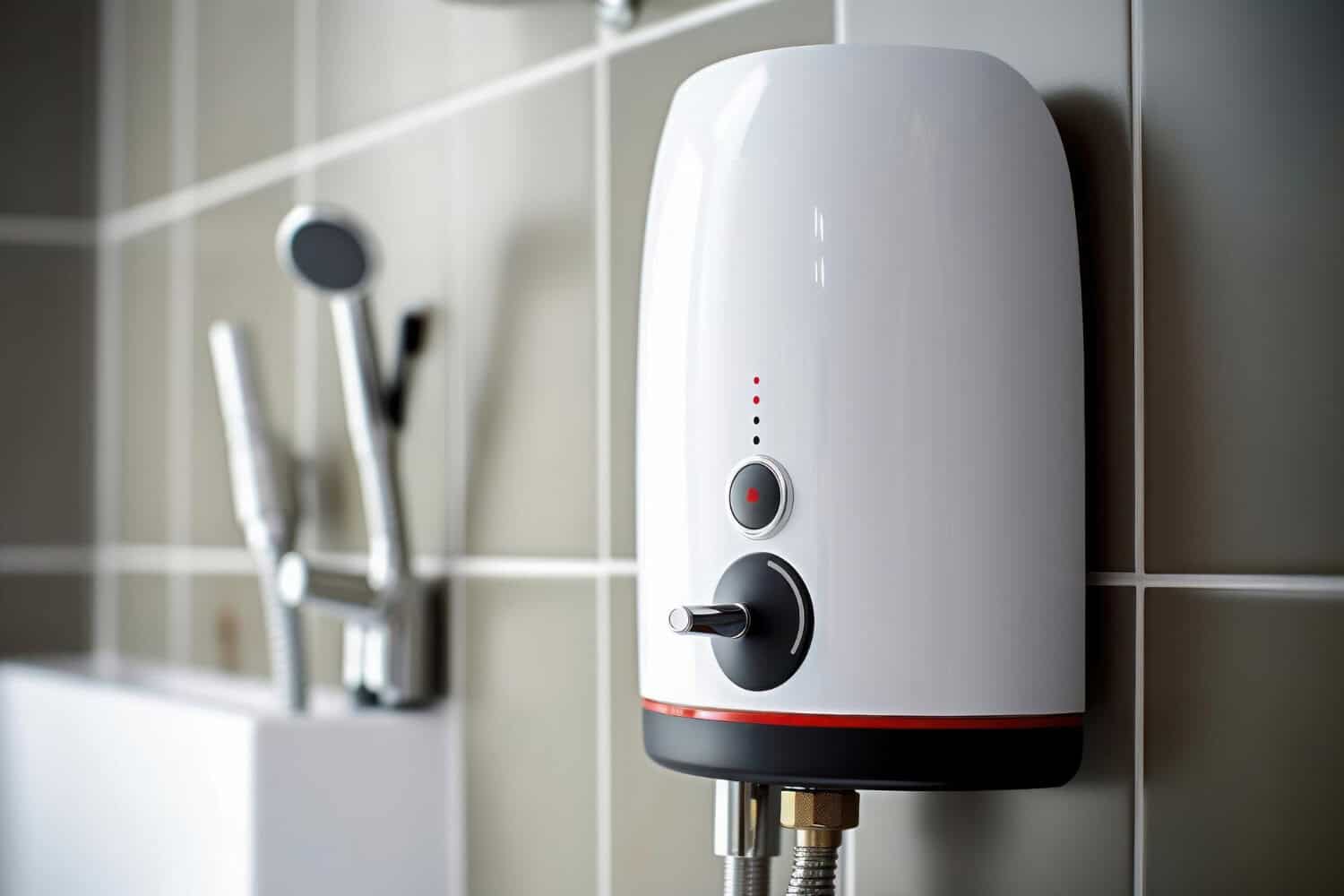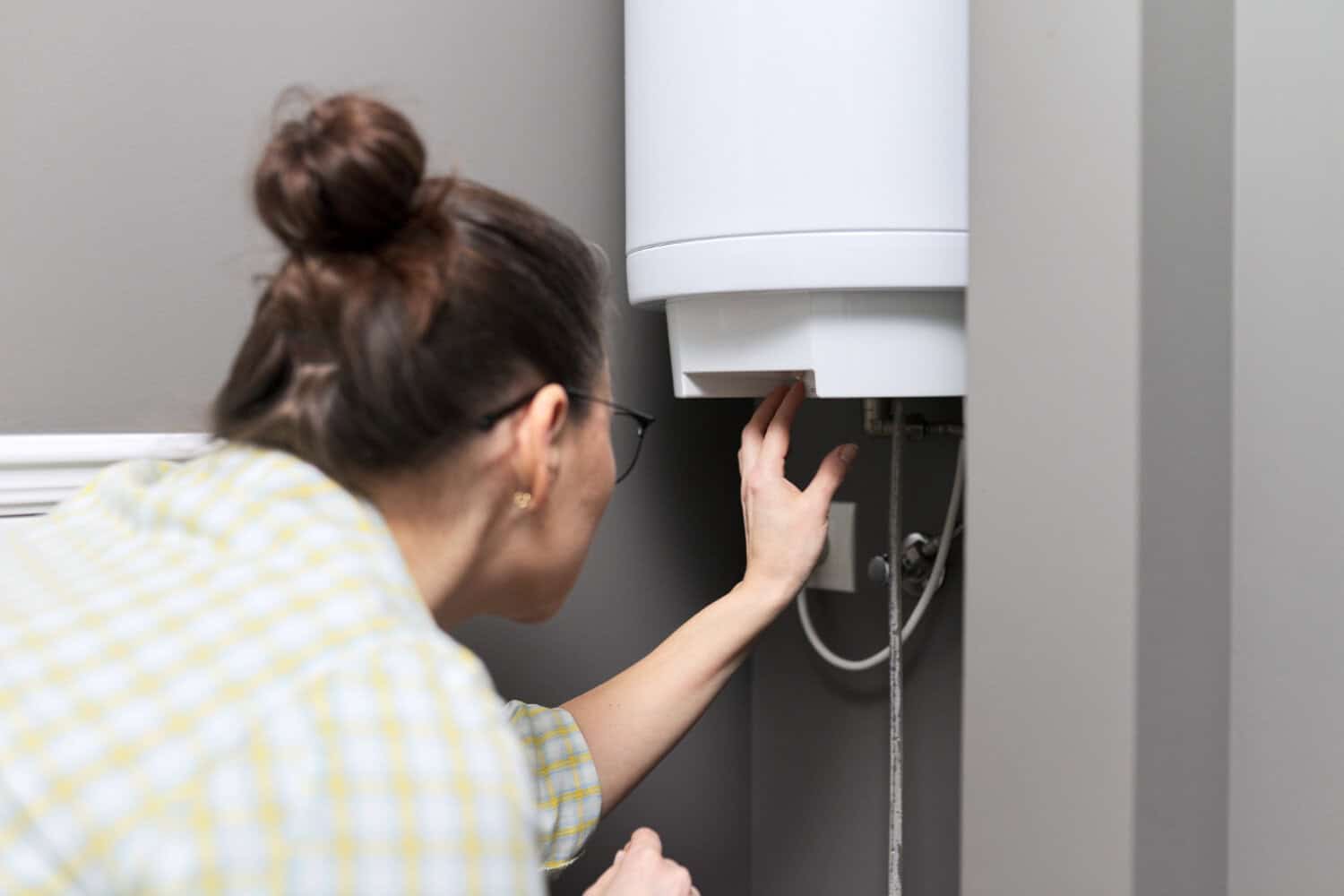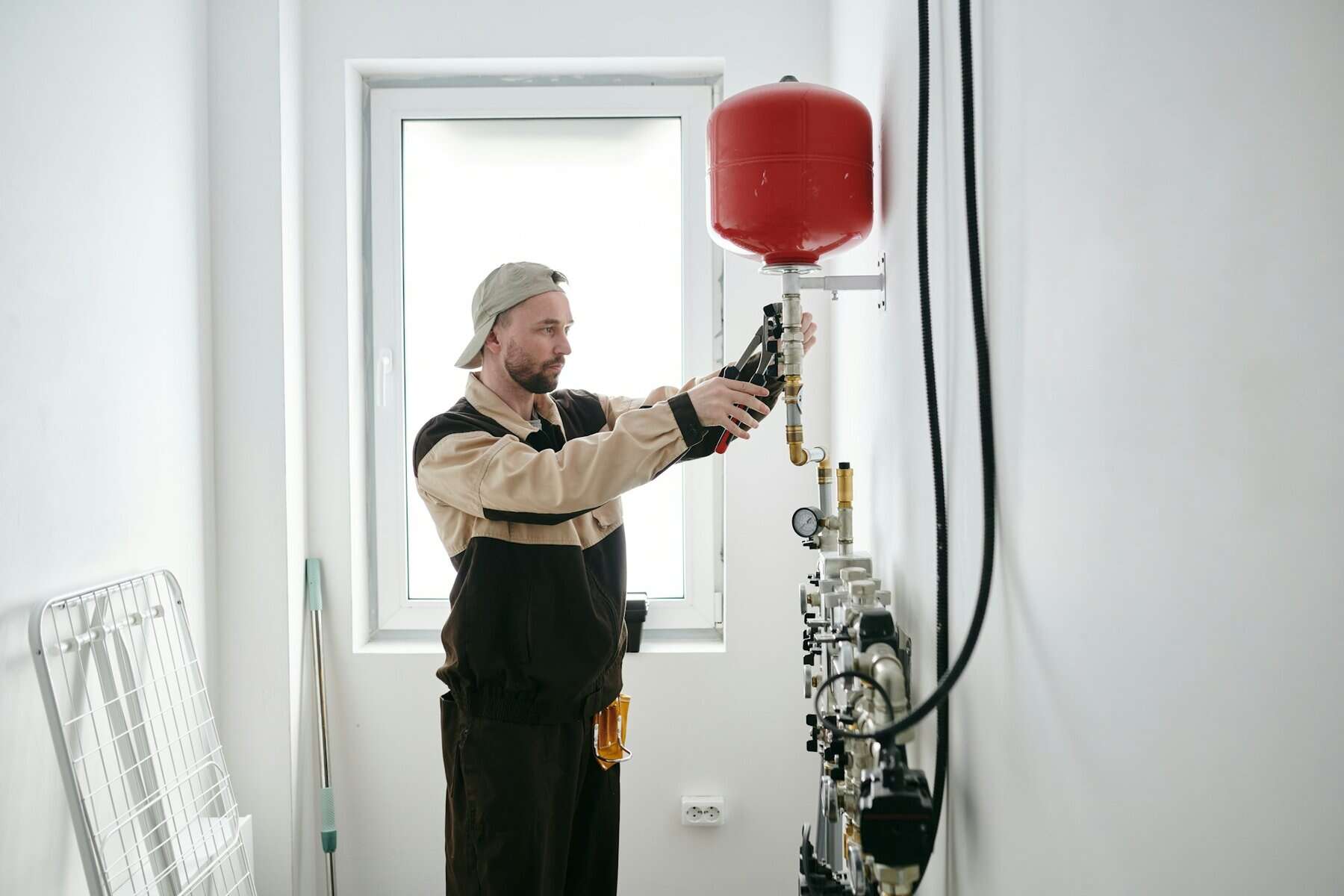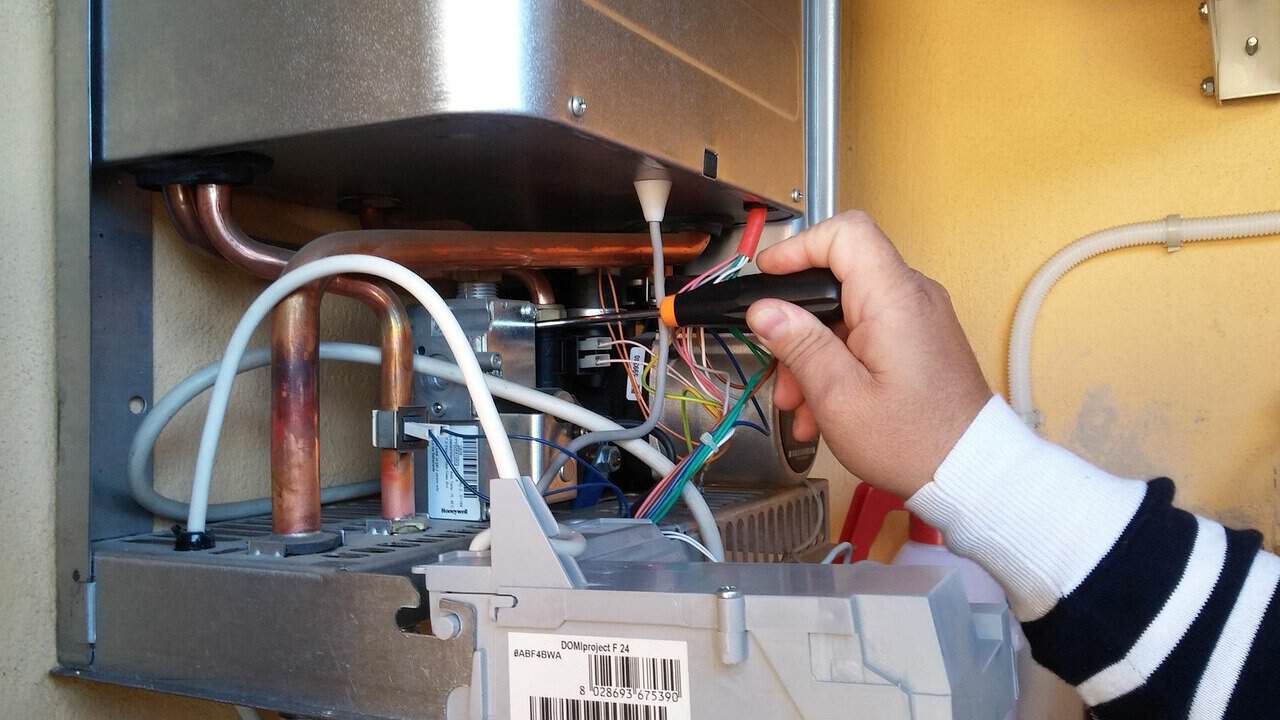As the summer months roll in, ensuring your home’s water heater is in top-notch condition becomes increasingly important, especially in Saratoga Springs. A well-functioning water heater means not just warm showers but also consistent water pressure and energy efficiency. No one wants to face unexpected cold water surprises or water heater breakdowns just as the season changes. Understanding early warning signs can save you from costly repairs and ensure a hassle-free summer.
This piece will help you identify some usual signals that your water heater might need service. Whether it’s odd noises or inconsistent water temperatures, recognizing these signs early can make all the difference. You’ll be better prepared to address these issues and keep your home comfortable and functional.
Fluctuating Water Temperature
Have you noticed your shower suddenly turning cold or too hot without any warning? This inconsistency in water temperature is a red flag that something might be amiss with your water heater. Here are some possible reasons behind these temperature swings:
– Mineral Build-Up: Over time, minerals from the water can accumulate inside your water heater, especially if you have hard water. This build-up can cause uneven heating and result in fluctuating water temperatures.
– Faulty Thermostat: Your water heater’s thermostat regulates its temperature. A faulty thermostat can lead to erratic temperature changes.
These issues require attention because ignoring them may lead to more severe problems. It’s crucial to have a professional inspect and repair your water heater to avoid system failure or high energy bills. Ignoring fluctuating temperatures can worsen these issues, potentially leaving you without hot water when needed.
Keeping an eye on your water temperature not only ensures comfort but also helps maintain the efficiency of your system. Addressing these fluctuations early can keep your water heater running smoothly and prevent unexpected surprises down the line.
Unusual Noises
Have you ever heard strange sounds coming from your water heater, like popping, banging, or rumbling? These noises are like a wake-up call that something isn’t quite right. Such sounds often result from sediment build-up at the bottom of the tank. As the burner heats this sediment, it causes those popping or rumbling noises. It’s similar to a pot of boiling water where steam tries to push its way past the sediment.
Ignoring these noises could lead to inefficiencies or damage, eventually causing the heater to fail. A qualified professional can assess the situation, clean out the sediment, and ensure your water heater operates quietly and efficiently. This service not only extends the life of your water heater but also ensures you enjoy quiet and effective heating.
Discolored or Rusty Water
Have you noticed rusty or discolored water coming from your hot water taps? This color change can be a sign that corrosion is taking place inside your water heater. Rusty water often indicates a failing tank or some other internal part breaking down. Rust is not only unappealing for drinking or bathing but also points to an underlying issue that, if left unchecked, can lead to more significant problems.
Rust in water can also harm fixtures and appliances by staining them or causing corrosive damage. An experienced technician can identify the source of the rust and take necessary steps to fix the problem, which might include replacing parts or undertaking repairs to prevent a complete tank failure.
Leaking Water
Water leaking from your heater is never a good sign and should be addressed immediately. Common areas for leaks include around the tank base or in the connections and piping. Leaks can result from a variety of reasons like a broken valve, corroded tank, or pressure issues. Left unattended, water leaks can lead to water damage in your home, increased utility bills, and more serious issues with the heater’s operation.
Water leaks should be treated with urgency to avoid further damage or potential flooding. A professional can pinpoint the exact cause and make necessary repairs to ensure your system is safe and does not waste water or energy.
Reduced Hot Water Supply
Have you noticed that your hot water runs out faster than usual? A shortage in hot water supply often suggests sediment build-up inside the tank or issues with the heating elements. When sediment settles, it takes up space meant for hot water storage, causing the heater to work harder, yet delivering less.
A professional can flush the tank of sediment and check the heating elements to restore the heater’s efficiency, ensuring you have a full supply of hot water for your needs. Regular maintenance can prevent build-up, enhancing performance and longevity.
Take Action to Ensure Comfort
Throughout the summer, addressing these warning signs early can save you from discomfort and expensive repairs. Your home’s comfort and efficiency depend on a well-maintained water heater. Keep an eye out for changes in your system’s performance and noise levels, as these might indicate it’s time for professional attention.
Addressing these concerns with a trusted service ensures peace of mind and a cozy home environment. Proactive steps now can lead to a more comfortable and carefree summer later.
Maintaining your water heater is crucial to a comfortable home. If you’ve noticed any of these warning signs, it’s important to take action. My Jockey offers comprehensive solutions to address any issues with your system. For more information on how we can help, explore our water heater services. Let us ensure your water heater functions efficiently, so you can enjoy a hassle-free summer.










